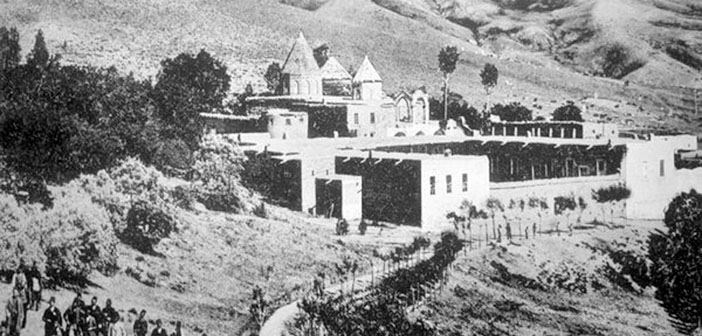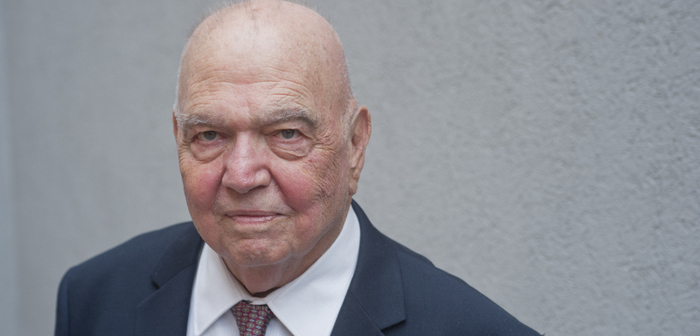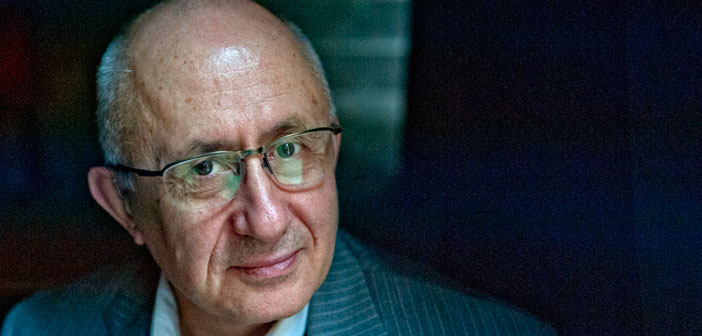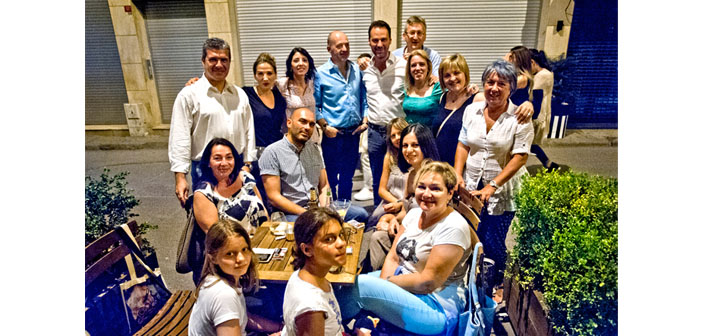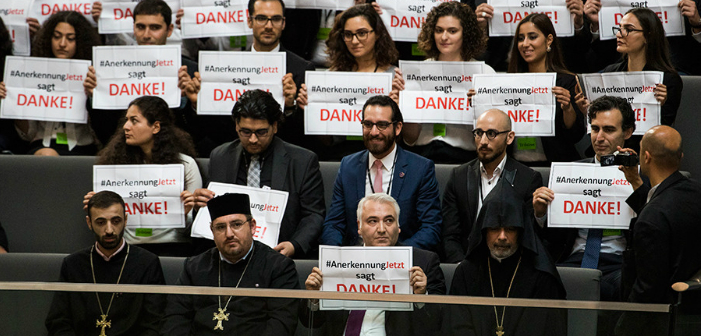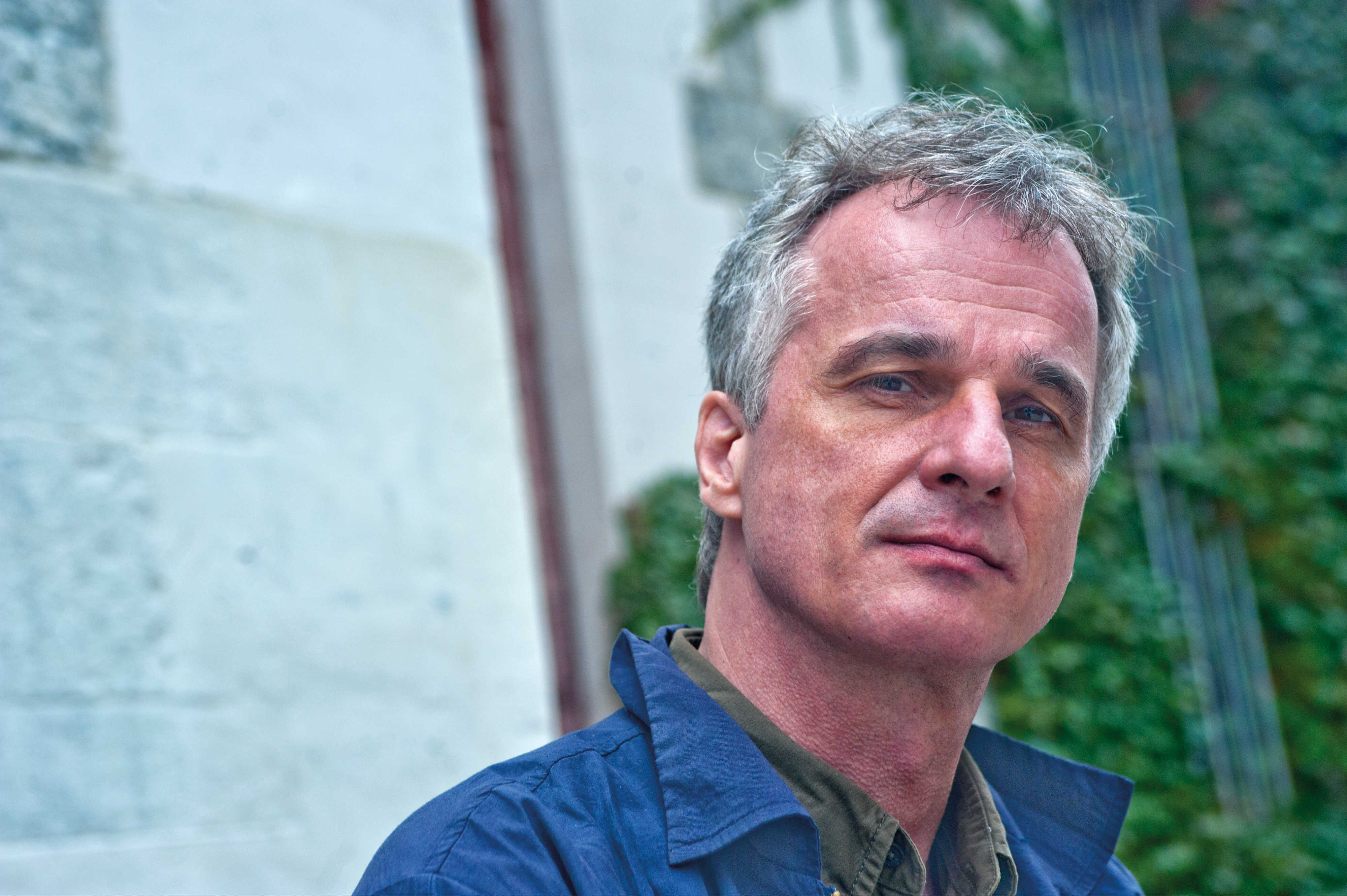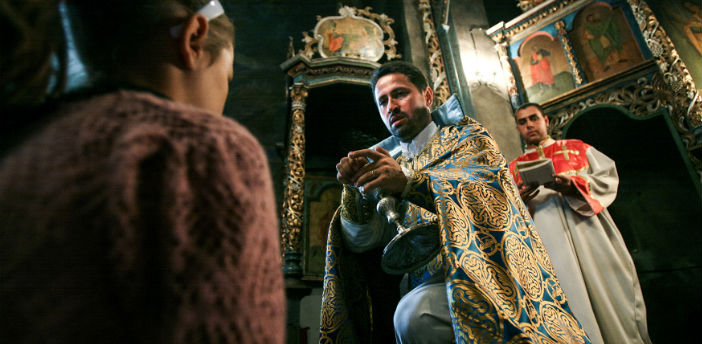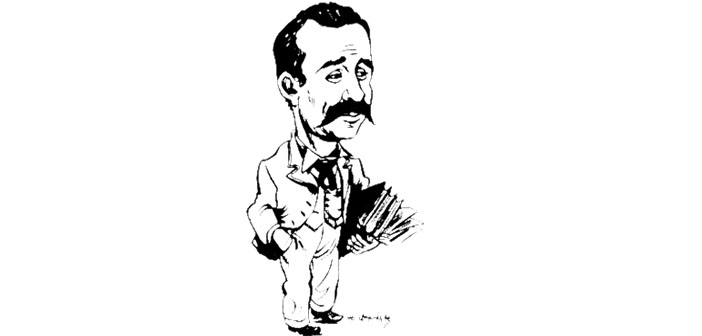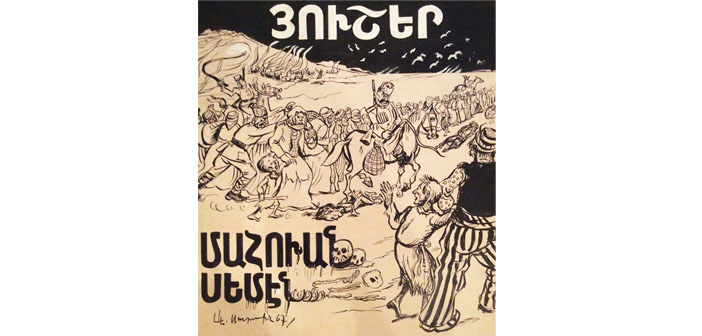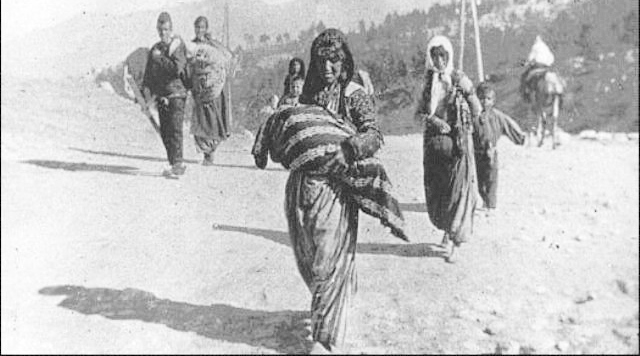SPECIAL REPORTS
“Van was the epicenter of the earthquake of genocide”
“The Social, Cultural and Economic History of Van and the Region” conference organized by Hrant Dink Foundation was held in Anarad Hığutyun building on November 11 and 12. We talked to Dr. Yektan Türkyılmaz, who was the keynote speaker of the conference, about Van's importance in Armenian and Ottoman history.
“Armenian genocide concerns the whole humanity”
Richard Hovhannisian, who is a prominent figure in Armenian historiography, came to Istanbul for attending “The Social Cultural and Economic History of Van and the Region 1850-1930” conference organized by Hrant Dink Foundation. We talked to him about his recently-published book and his studies on the genocide.
Are “Talat Pasha Telegrams” real?
Prof. Dr. Taner Akçam, in his recent book, published the memoirs of Naim Bey, who played an important part in the historiography of the Armenian Genocide and whose existence had been denied. With this book, Prof. Akçam responded the claims and broke a new ground in the historiography of the Armenian Genocide.
Greeks settling into Turkey is like a shot in the arm for Greek community in Turkey
The number of people migrating to Istanbul from Greece increases day by day. It is estimated that around 800 Greek immigrants live in Istanbul. There is a platform called “Hava Baba”, which is founded by those immigrants. We spoke to Marina Drymalitou, the chair of Association for the Support of Greek Community Foundations in Turkey (RUMVADER) about the problems with Greek immigrants and their expectations.
“Bundestag's resolution may open the eyes of many Germans, including those of Turkish origin”
We addressed two questions to two people, historian and former editor of Der Speigel Wolfgang Gust and historian Eric Weitz from City University of New York, who have been researching German complicity to the Armenian Genocide for many years.
“With an unrestrained access to the archives in Ankara, we can gain a much better understanding of German responsibility”
We talked to Hilmar Kaiser, one of the prominent researchers who work on the Armenian Genocide, about Bundestag's resolution and Germany's responsibility. Kaiser said: “It was not 'the Ottoman Empire' or 'Turkey' or 'the Turks' or 'the Kurds' who killed the Armenians. Let us identify the culprits and praise the rescuers.
“I think, it is essential to understand why there are Armenians living in Romania”
Romanian photojournalist Anreea Tanase’s “Armenians in Romania” project was presented by interviews, book launches and photo exhibitions in Bucharest, Cluj-Napoca, Yerevan, Gyumri. We talked to Tanase about her journey to the history of Armenians living in her country and her work, in which the traces of genocide from past to present is documented.
Castigat ridendo mores* or Hagop Baronyan on the 125th anniversary of his death
Baronyan had always been running counter to Armenian clergy and elites whom he criticized satirically, and he lived in reduced circumstances because of his conflict with those circles which, in Baronyan's opinion, had been managing the economic resources of the society in accordance with their own interests. Even when he found out that he got tuberculosis at the age of 45, he hadn't given up resisting. (*a Latin phrase meaning “one corrects customs by laughing at them", which was used by French poet Jean-Baptiste Santeul (1630-1697) for the first time.)
Armenian Genocide recorded in historical drawings
Killings of Armenian people in Anatolia started in 1890 and reached its peak in 1909 Adana Massacre and 1915 Armenian Genocide. This tragic history is not only recorded by witnesses, but also by the striking caricatures published in the newspapers and humor magazines. On the occasion of 101st anniversary of the genocide, here is a collection of such caricatures selected by caricaturist-artist Vrej Kassouny.
Anzacs tell about 1915
Held captive by Ottoman army, Anzac soldiers reveal rather unknown aspects of the Armenian Genocide through their journals. In the stories that came to light thanks to the studies of New Zealander historian and journalist James Robins, experiences of Anzac soldiers who witnessed the genocide are told. This interview of Robins is about his studies that reach from 1915 to the present.


